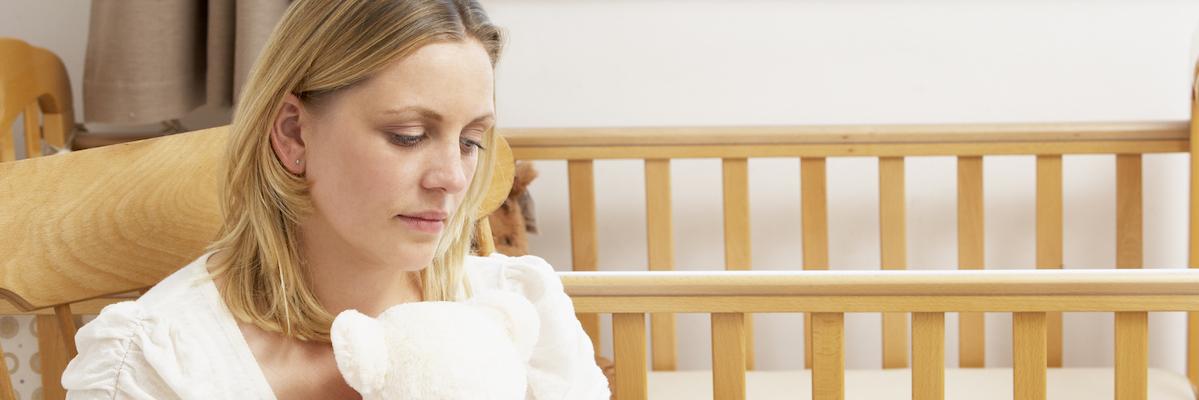At least…
I’d never realized how wounding these two words could be until after my first-trimester miscarriage.
“At least it didn’t happen later in your pregnancy,” one individual commented. “That would’ve been harder.”
“At least you have three other kids,” someone else shared. “I’m sure they bring you comfort.”
As well intended as these statements were, they felt dismissive. With them came this sense that others wanted to fix my pain by shifting my focus away from my grief. What I found, though, was I needed to have my sorrow validated. I wanted others to gently come alongside me and allow me to freely mourn in my own way and my own time.
Maybe you have a friend who’s recently lost a preborn baby. If so, what are some other types of statements to avoid? Here are a few things not to say to someone grieving a miscarriage.
“God works everything out for good.”
It’s true that Romans 8:28 does tell us this. Yet there’s a time and place for reminding others of this verse, and it isn’t following a miscarriage.
I mourned the tiny fingers that would never clasp mine, the first giggle I’d never hear, and the first step I’d never witness. It wasn’t helpful to be told how God would “someday” work my baby’s death out for my good. Instead, it was hurtful.
However, I did find Scripture comforting as I mourned. Yet it wasn’t those verses that pointed me to the future or even the hope of seeing my baby in heaven one day. It was the verses that met me where I currently was. Verses such as, “The Lord is near to the brokenhearted” (Psalm 34:18, ESV), reminded me that God cared about my pain.
“It’ll get easier with time.”
In my book Braving Sorrow Together, my friend and grief expert Jenny Schroedel shares that with time we do learn to carry our grief “more lightly.” For me, this took years. And even now, seven years after my miscarriage, ultrasound and due date anniversaries still sting.
Being told that loss “will get easier with time” isn’t comforting to grieving parents. The fact is they aren’t living in the future, they are mourning in the present. What’s more helpful is to recognize and affirm that the here and now is excruciatingly hard. It’s better to say, “I’m sorry” and “I’m here for you.”
“Are you going to have another baby?”
A miscarriage is a complex loss to mourn. It is the death of an unseen, never-before-met individual. There aren’t any memories with this tiny person or concrete reminders that he or she existed, such as toys or clothes. Even so, to this preborn baby’s parents, this child is unique and irreplaceable.
Following the death of our pre-born baby, it was vitally important to me to honor and remember this child. I wanted others to echo the truth that no one, not even another baby, could replace this life.
The Best Thing You Can Say
The grief of losing a preborn baby isn’t a sorrow that can be rushed or fixed. The statements above, as well as theories of why it happened, such as “something must’ve been wrong with your baby” or “God needed your baby in heaven,” only bring additional hurt. Instead, the best things you can say are the simple ones that affirm grief and offer ongoing support.
So the next time you talk to someone grieving a miscarriage, make a decision to abandon any “at least” statements and offer them an “I’m so sorry” instead.


